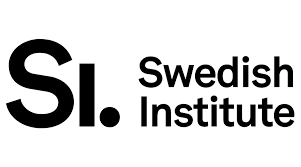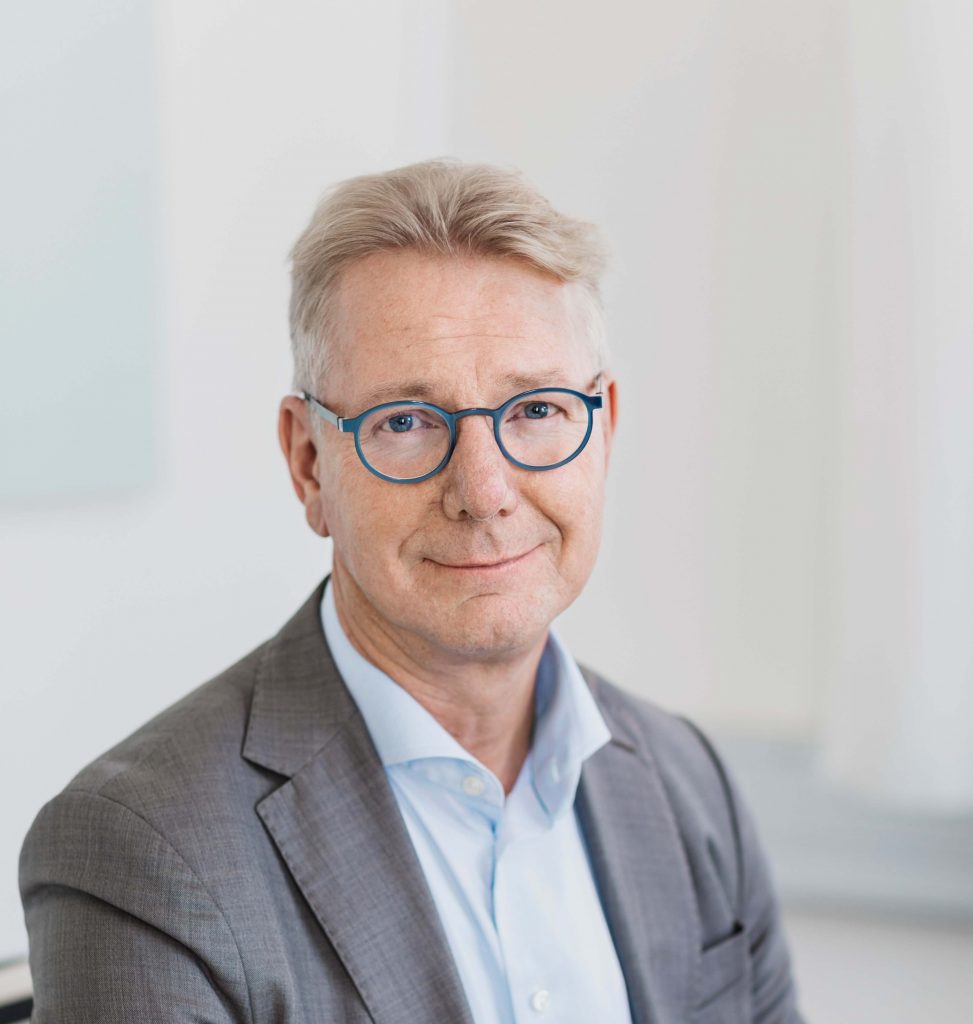Swedish Institute Projects in Georgia

Swedish Institute (SI) works with Sweden promotion, cooperation in the Baltic Sea region and global development. SI shares information about Sweden abroad and analyses how other countries view Sweden. We also facilitate international exchanges and partnerships. The goal is to increase awareness of Sweden,
including work within sustainability and Agenda 2030.
SI provides two types of project opportunities in Georgia. SI Creative Partnerships Programme for Georgian organisations in civil society, culture and the media. The programme supports projects which aim to promote democracy, human rights and freedom of expression. And the second project is SI Baltic Sea Neighbourhood Programme. On an individual level, Georgian citizens can apply for a fully funded SI Scholarship for Global Professionals for Master’s studies in Sweden. In addition, SI offers two different leadership programmes. The Swedish Institute Academy for Young Professionals (SAYP) is a leadership programme for young professionals in public administration that aims to build awareness, capacity and resilience in the practice of modern sustainable governance and is carried out in collaboration with prominent Swedish universities. The leadership programme SI Leader Lab is open to leaders in civil society organisations.

Director for International Relations Department of the Swedish Institute, Kurt Bratteby talks about the activities of Swedish Institute.
The Swedish Institute is a public agency that builds interest and trust in Sweden around the world. Could you tell us more about the activities of Swedish Institute?
SI works with Sweden promotion, cooperation in the Baltic Sea region and global development. SI shares information about Sweden abroad and analyses how other countries view Sweden. We also facilitate international exchanges and partnerships. The goal is to increase awareness of Sweden and build good relationships with individuals, organisations and other countries. SI communicates Sweden in various ways – in our digital channels and in printed materials, by providing support to Swedish language teaching around the world and marketing Sweden as a study destination.
As part of the cooperation in the Baltic Sea region, SI funds exchanges and joint projects for individuals, organisations and companies. By offering study grants, organising leadership programmes and supporting local alumni networks, we build relationships with the world’s young leaders of tomorrow and contribute to global development. To succeed in our mission, it is important to understand how our country is perceived, and in order to do so we observe and analyse the image of Sweden abroad. We monitor what is written about Sweden in international news media and digital platforms, conduct our own studies and examine Sweden’s rankings in various indexes.
SI funds exchanges and joint projects for individuals, organisations and companies. Which projects are implemented in Georgia and what are the funding opportunities for Georgian students?
SI provides two types of project opportunities in Georgia. In collaboration with a Swedish Partner, Georgian organisations in civil society, culture and the media are welcome to apply for the SI Creative Partnerships Programme. The programme supports projects which aim to promote democracy, human rights and freedom of expression. Further, the new SI Baltic Sea Neighbourhood Programme provides funding to projects in which Swedish organisations work on cross-border challenges and opportunities together with organisations from the EU countries around the Baltic Sea and countries in the EU’s Eastern Partnership.
On an individual level, Georgian citizens are welcome to apply for a fully funded SI Scholarship for Global Professionals for Master’s studies in Sweden. In addition, SI offers two different leadership programmes. The Swedish Institute Academy for Young Professionals (SAYP) is a leadership programme for young professionals in public administration that aims to build awareness, capacity and resilience in the practice of modern sustainable governance and is carried out in collaboration with prominent Swedish universities. The leadership programme SI Leader Lab is open to leaders in civil society organisations in selected countries in Eastern Europe, South Asia and the MENA region working for a more just, peaceful, and inclusive society. After finishing studies or a SI leadership programme the alumni are welcome to join the Sweden Alumni Network Georgia – a network where alumni build relationships, stay connected to Sweden, and organise SI funded activities related to Agenda 2030.
Sweden ambitious goals for sustainability, including reaching 100% renewable energy and going fossil-free by 2045. The first country in the world to pass an environmental protection act in 1967, Sweden also hosted the first UN conference on the global environment in 1972. Since then, Sweden has not looked back, managing to grow its economy substantially while reducing carbon emissions and limiting pollution. Around 60% of Sweden’s national energy supply comes from renewables, and a thorough legislation aims at further reducing greenhouse gas emissions.
The Swedish Institute has a role to communicate about Sweden including our work within sustainability and Agenda 2030. Our main communication channels are our websites https://sweden.se/ and https://sharingsweden.se/ which both feature a host of materials and information about Sweden and sustainability, including the SDG’s.
How does Sweden promote sustainability and Agenda 2030 in the country and with partners?
Within Sweden the new Ministry of Climate and Enterprise is responsible for matters relating to the climate, the environment, energy, enterprise, innovation as well as Agenda 2030. Statistics Sweden has been tasked by the Government to coordinate the indicator-based follow-up on how Sweden lives up to the goals and targets in the 2030 Agenda (https://scb.se/en/About-us/main-activity/statistics-swedens-work-on-the-sdgs-and-the-2030-agenda-for-sustainable-development/). However promotion within the country is largely carried out via UNDP and their Agenda 2030 theme site: https://www.globalamalen.se/
Why is corporate sustainability important for the country and society?
Tackling the Sustainable Development Goals requires the full participation of all parts of society, it cannot rely only on government policy. It requires lifestyle changes, new infrastructure, new regulatory frameworks and the heavy involvement of the corporate sector. So, the more companies get involved in sustainability, the faster the implementation of Agenda 2030 can happen. Thankfully, Swedish companies (and not least large global firms) have for decades been among the world’s sustainability leaders, and their sustainability work also impacts Swedish society.
Sweden’s green model is a great example of integrating business and sustainability. Rather than pose a risk, Sweden together with its Nordic neighbours, believe that green growth can drive transition through technical innovation. This involves adapting society to cope with environmental changes already underway. We still have some way to go, but the innovations being made now show that protecting our environment and developing society are part of the same challenge.
What are Swedish Institute’s’ short and medium-term plans in Georgia? Our short and medium term plans are to further enhance and broaden our cooperation with Georgia. We hope to be able to offer more scholarships to Georgian citizens and to increase the number of Georgian participants in our leaderships programmes. We also welcome Georgian organisations to join Swedish partners in project applications to the SI Creative Partnerships Programme, and the new SI Baltic Sea Neighbourhood Programme.




 Search
Search





